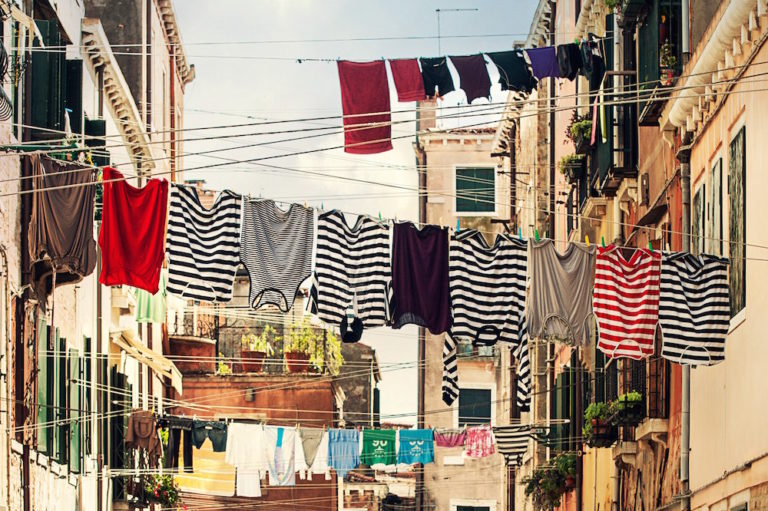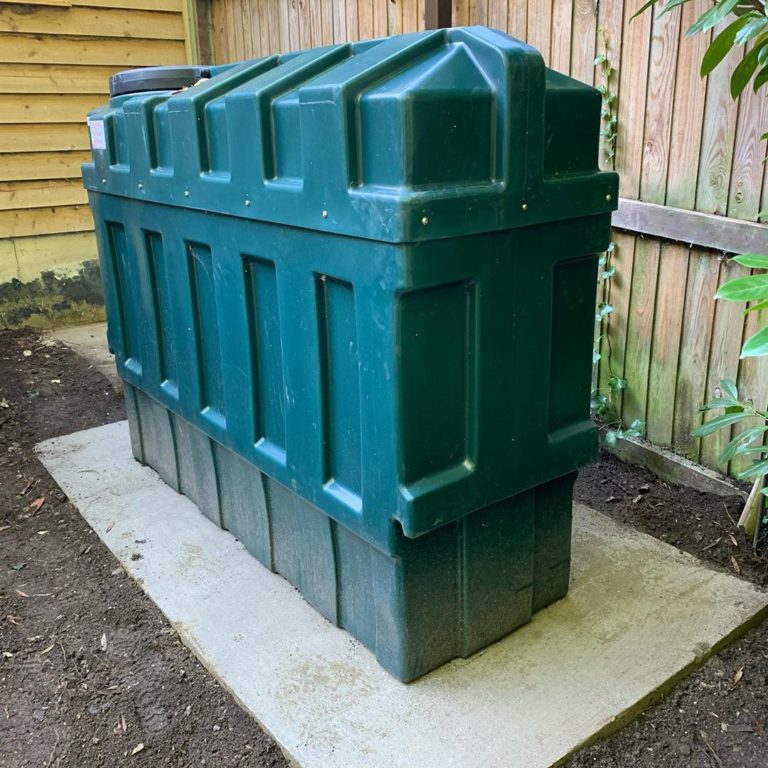14 Changes You Can Make to Save Money on Your Utilities Cost
Is your utilities cost too high? Find out how to save with these tips.
Most families spend more than $2,000 a year on their utilities cost. That works out to be about $167 a month.
While that may not sound like much, the average American family doesn’t have a lot of money left after paying the bills at the end of each month. But just because you’re in that group right now doesn’t mean you have to stay there.
We’ve put together a quick list of ways you can reduce the amount of money you spend on your utilities below.
So let’s dive in!
Unplug Appliances When You Aren’t Using Them
Even if your appliances are “turned off”, they still suck up electricity. In fact, a quarter of all residential energy consumption is used on devices that are in idle power mode.
So get into the habit of unplugging your appliances whenever you aren’t using them.
If you’re worried you’ll forget to unplug your appliances, you can buy a few smart power strips instead. These power strips will cut off the flow of electricity to appliances when you press the off button.
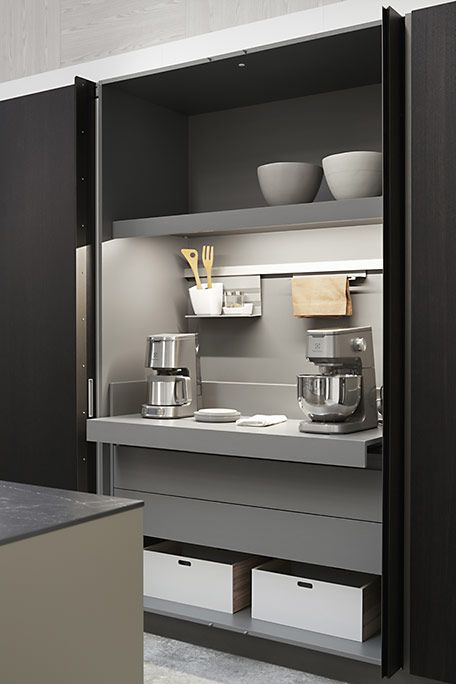
Replace Your Shower Head Sink Faucets
You can get as much as 60% on water savings when you switch to low-flow shower heads and faucets. And the switch itself doesn’t cost a lot of extra money.
High-quality low-flow fixtures won’t cost you much more than $10 to $20 a piece.
If you enjoy high-pressure showers, switch to taking shorter showers less frequently. Try not to spend more than five minutes in the shower, and reduce your showers to once every other day.
Depending on your lifestyle, you may only have to shower two or three times a week.
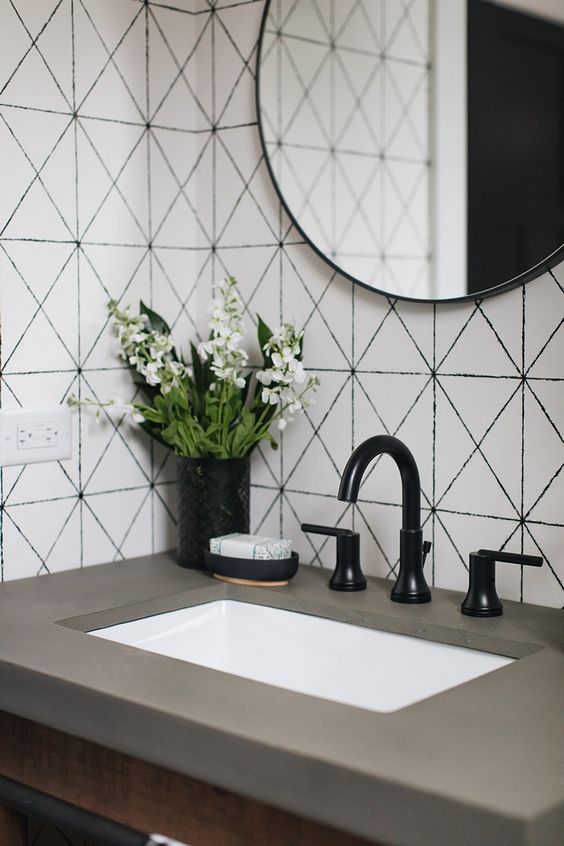
Install a Programmable Thermostat
Setting your thermostat too high makes your HVAC system work harder to warm or cool your house, which means it’s also sucking up more electricity. During the summer months, you should set your thermostat at about 78 degrees Fahrenheit. When it gets cold, you can adjust the temperature to 68 degrees Fahrenheit.
You can save even more on your utility bill by turning the thermostat down when you aren’t at home.
Installing a programmable thermostat will make your job easier. You can set it to adjust the temperature when you’re at work. Before you get home, it can set the temperature back at the desired level so you don’t have to walk into a hot or cold house.
Don’t Overload Your Laundry
You might think stuffing as much clothing as you can into a load of laundry will help you save money. But this isn’t always true.
If you overload your washing machine, it might not clean all your clothes effectively. Pet hair, dirt, and other debris can get trapped inside the clothes.
If you overload your dryer, the warm air might not be able to reach all the clothes evenly. This can leave some—or all—of your clothes damp after a full 60 minutes inside.
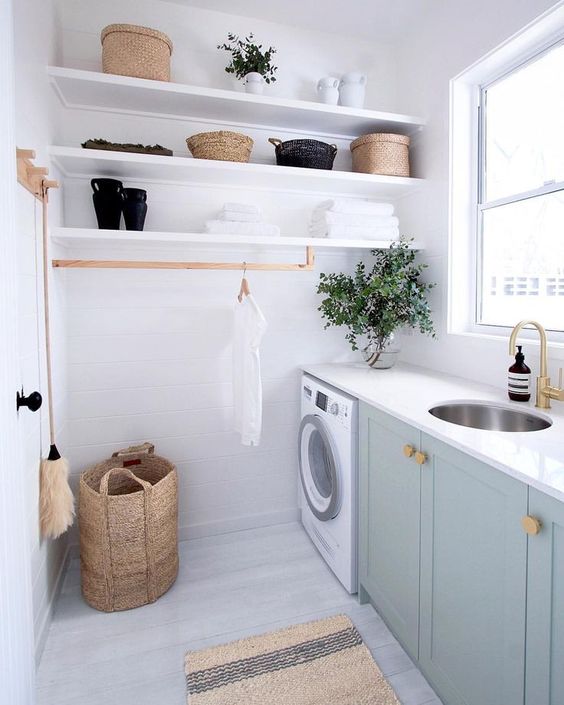
This means you might have to run the same load through your washer or dryer twice, which will waste more energy in the long run. Put as much clothing into a load of laundry as you can, but don’t stuff the washer or dryer full to the brim.
Wash Your Clothes on Cold
Washing your clothes with warm water takes extra energy. That means you’re spending more per load. Washing your clothes with cold water can save you money, and it’s good for your clothes too.
Cold water can help remove stains, is gentle on delicate items, reduces fading, limits wrinkles, and can prevent shrinkage.
Most types of fabrics do fine in cold water. But remember, knit and synthetic fabrics are easier to wash with warm water.
If you have a lot of knit or synthetic fabric, you might want to save those items and put them in their own load. This will allow you to use cold water for most of your loads of laundry.
Skip the Dryer
Do you live in a warm area that gets a lot of sun? Try skipping the dryer and hanging your clean clothes outside to dry.
This can cut down your laundry costs significantly, and it can give your clothes a fresh, airy scent. Hanging damp clothing can also reduce wrinkles that might have formed in the dryer.
You can hang your damp clothing inside as well, but it will take a lot longer for them to dry.
Save Your Chores for the Evening
Some utility companies have dual time rates. In other words, these companies charge more for energy being used during peak hours of the day.
If your utility company has dual time rates, save your chores for the evening when the energy is cheaper. Running your washer, dryer, dishwasher, and more after 8 PM can cut down your utility bill.
But this will only work if your utility company doesn’t have flat rates. Many utility companies charge the same about of money for energy no matter what time it is, so double check first.
Switch out Your Lightbulbs
LED lights use 75% less energy than incandescent lighting, and they last 25 times longer. If you’re still lighting your home with incandescent bulbs, making the switch to LED lights can save you a lot of money.
There are a few different ways you can make the change.
If you want to see savings right away, you can replace all the lights in your house at once. But that can be a pricy investment. Replacing your incandescent bulbs as they die might be a more affordable option.
You can also consider reducing your lighting costs even more with dimmer switches. By dimming the bulbs when you don’t need as much light, you can lower the amount of electricity they use.

Clean Your HVAC Filters
When your HVAC filter fills up with dust and other debris, it forces your entire system to work harder. This can suck up more electricity and even cause your unit to sustain damage or break down.
Make sure you keep your HVAC filters clean.
Plan to change your filters at least once every 90 days. If you live with pets or have family members who struggle with allergies, you may need to replace the filters every 60 days instead.

You can talk to an HVAC professional to learn the best time to replace your filters for your personal circumstance.
Upgrade Your Appliances
Older appliances require more electricity to run. If your appliances are getting old, you should consider upgrading to new, energy-efficient models. These will not only work better, but they will also save money at the same time.
Here’s a quick breakdown of how long common appliances should last.
- Dishwasher: 10 – 13 years
- Washing Machine: 10 – 13 years
- Dryer: 10 – 13 years
- Fridge and Freezer: 10 – 13 years
- Air Conditioning: 10 years
- Furnace: 15 – 20 years
- Stove and Oven: 15 – 18 years
- Microwave: 9 – 10 years
If any of your appliances are reaching 10 years, you should think about upgrading them soon.

Be Dishwasher Smart
Most new dishwashers actually work better if you don’t rinse off the dishes before you load them in the dishwasher. All you have to do is scrape off any extra food. The dishwasher will handle the rest.
Rinsing all your dishes before putting them in the dishwasher just wastes extra water and makes your life more difficult. So skip the rinsing and let the dishwasher do the work for you.
But make sure you’re being dishwasher smart.
Overloading your dishwasher can make it less efficient. While some dishes come out clean, others can still be covered in food.
Taking some time to learn the best way to load your dishwasher can help you cut your utility costs.
Seal Your Windows and Doors
Most homes lose 30% of their heating and cooling energy through leaks around the windows and doors. In other words, a good chunk of your electricity goes straight out the windows.
There are a few different ways you can prevent this.
Install weather stripping around drafty windows and doors. If your home has single-pane windows, you should consider upgrading to double-pane windows instead.

Find and Fix Leaks
Leaving leaks unattended can cost your thousands of dollars on your utility bill. For example, a slow dripping faucet can waste over 10 gallons of water a day.
But your sinks aren’t the only things you need to keep an eye on.
Your ductwork can develop leaks too. This means you’ll spend more money trying to heat or cool your home.
Toilets, pipes, and other appliances can leak as well. If you find any leaks in your home, make sure you fix them as soon as possible.
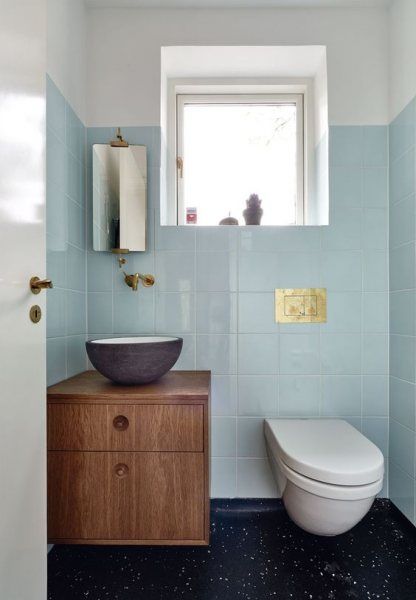
Install Solar Panels
Depending on where you live, solar panels can help you save close to $1,000 every year on your electricity. The average American family only spends $1,335 on electricity a year.
That means solar panels can offset nearly 100% of the cost.
Installing solar panels can be one of the best ways to lower your utility cost. Spending some time researching solar energy companies in your area can help you save money on the installation as well.
How to Save Money on Your Utilities Cost
Saving money on your utilities cost gives you more money at the end of each month to put toward savings, retirement, or vacations.
Not sure where to take your family on your next trip?
Make sure you check out this list of the most beautiful places to visit in the world.




